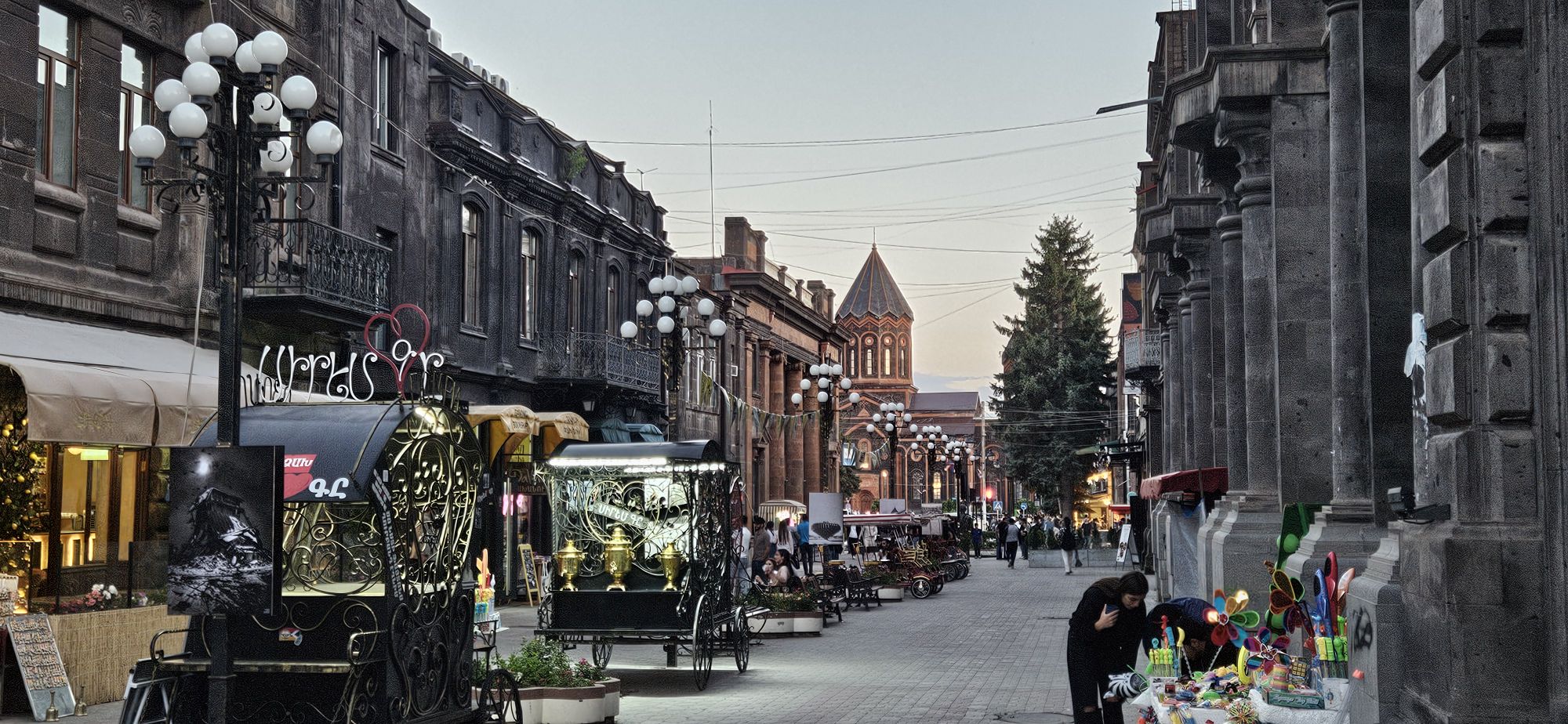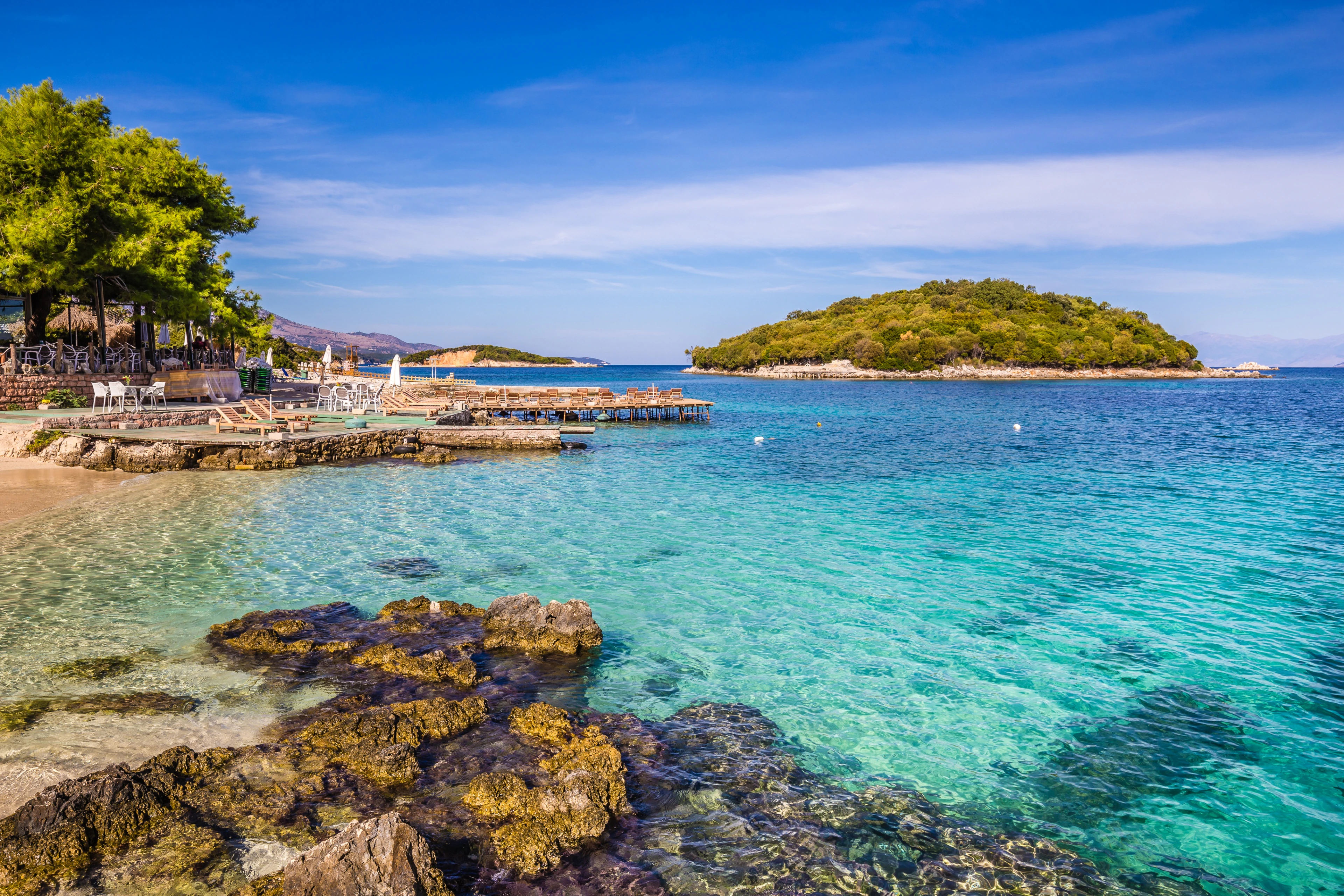



Gyumri is an urban municipal community and the second-largest city in Armenia, serving as the administrative center of Shirak Province in the northwestern part of the country. Wikipedia
May to June and September to October: Ideal for sightseeing with mild temperatures.
July–August: Warm and vibrant, with local events and open-air concerts.
Winter: Cold and snowy — magical if you enjoy a quieter, cozy city experience.
By train: From Yerevan (about 3 hours, scenic and affordable).
By car or shared taxi: Around 2 hours from Yerevan via the M1 highway.
Minibuses (marshrutkas) also run frequently from Yerevan’s Kilikia bus station.
Vardanants Square: The heart of Gyumri, surrounded by historic buildings and churches.
Black Fortress (Sev Berd): A 19th-century Russian imperial fortress overlooking the city.
Aslamazyan Sisters Gallery: Showcasing the colorful works of two famous Armenian female artists.
Dzitoghtsyan Museum of National Architecture and Urban Life: Housed in a traditional 19th-century house, showing daily life in old Gyumri.
Church of the Holy Saviour (Surb Amenaprkich): A stunning cathedral rebuilt after the 1988 earthquake.
Kumayri Historic District: Wander through preserved black-stone houses and cobbled streets.
Walk the old town and admire 19th-century Armenian architecture.
Visit museums and art galleries to experience Gyumri’s creative soul.
Catch a local theater performance or puppet show — Gyumri has a strong performing arts tradition.
Take photos at iconic Soviet-style bus stops and quirky local monuments.
Learn about the 1988 earthquake and the city’s recovery through local stories and memorials.
Boutique hotels in historic buildings with local charm.
Guesthouses and homestays offer personalized service and insights into daily life.
Options are affordable, and hospitality is genuine and warm.
Hearty, homestyle cuisine dominates:
Khashlama (slow-cooked meat and veggies)
Harisa (wheat and meat porridge)
Gyumri-style tolma (stuffed vegetables)
Ayran, tan, and fruit compotes are popular local drinks.
Chalet Gyumri and Poloz Mukuch are well-loved for traditional meals in a cozy setting.
The local humor and warmth often extend to the dinner table — meals are social and lively.
Gyumri is known as the “City of Crafts and Humor” — locals are witty, artistic, and incredibly hospitable.
A city of black stone, art, and resilience — it rebuilt after the devastating 1988 earthquake with pride.
Gyumri has produced many of Armenia’s famous artists, comedians, and writers.
You’ll hear Western Armenian dialect more prominently than in Yerevan, but Armenian and Russian are widely spoken.